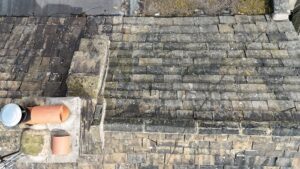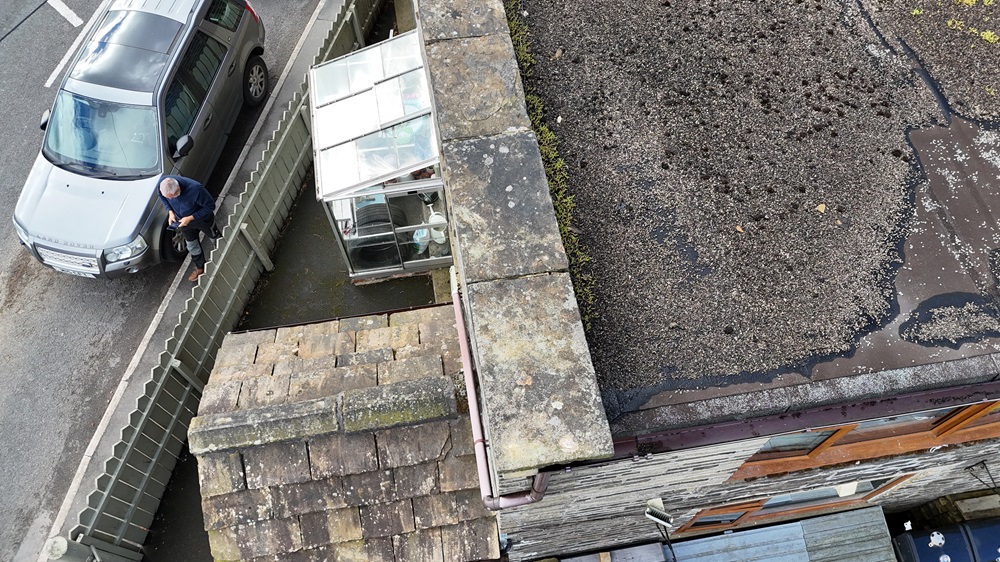Home Survey Cost
When purchasing a property, a home survey is one of the most important steps you can take to ensure your investment is sound. Whether you’re buying your first home or adding to your portfolio, a survey gives you crucial insights into the condition of the property, helping you avoid costly surprises down the line. But what should you expect when it comes to home survey costs? In this blog, we’ll break down the factors influencing the cost of a home survey, the different types available, and why the investment is well worth it.
What Is a Home Survey?
A home survey is an in-depth inspection of a property’s condition, typically carried out by a qualified surveyor. It provides detailed information about the building’s structure, highlighting any defects or potential issues that could affect its value or require repairs. A survey is particularly important in the UK property market, where many homes—particularly older or period properties—may have underlying issues that aren’t immediately visible.

Types of Home Surveys and Their Costs
The cost of a home survey varies based on the type of survey you choose, the property’s size, age, and location. Here’s an overview of the most common types of surveys:
1. Condition Report (RICS Level 1)
- Cost: £250 – £400
- Best for: Newer homes or standard properties in good condition.
The Condition Report is the most basic and affordable survey. It provides a concise overview of the property’s condition and identifies any potential risks or legal issues. While it won’t go into great detail, it uses a simple traffic light system to highlight problems: green for no issues, amber for areas requiring attention, and red for urgent repairs.
This survey is ideal if you’re buying a modern property or a home that appears to be in good condition and you simply want reassurance that no significant issues exist.
2. HomeBuyer Report (RICS Level 2)
- Cost: £400 – £800
- Best for: Standard homes that are older or have had work done (e.g., extensions).
The HomeBuyer Report is a mid-level survey that includes everything covered in the Condition Report, but goes a step further by offering more detailed insights into the property’s condition. This includes checking for issues such as damp, structural movement, and timber decay. It also assesses the condition of the roof, walls, floors, and services (like heating and plumbing).
In addition to a thorough examination of the property, the HomeBuyer Report may also include a valuation of the property. This survey is suitable for properties that are not particularly old but could have hidden issues.
3. Building Survey (RICS Level 3)
- Cost: £600 – £1,500+
- Best for: Older, period properties, or homes with extensive modifications.
The Building Survey is the most comprehensive type of survey and is particularly recommended for older properties or those with unusual designs, such as listed buildings or homes that have undergone significant structural changes. This type of survey provides a thorough assessment of the property’s condition, including potential hidden defects that could require future repair.
Unlike the HomeBuyer Report, the Building Survey doesn’t typically include a valuation but does offer a full breakdown of the structure, materials, and defects, often accompanied by detailed advice on necessary repairs.
Because it involves a more in-depth investigation, the Building Survey is the most expensive, but it’s crucial if you’re buying a non-standard property.
Factors Affecting Home Survey Costs
Several factors influence the price of a home survey. Understanding these can help you budget more accurately for this important step in the home-buying process.
1. Property Size and Value
Larger properties typically cost more to survey due to the increased amount of time and work required for the inspection. Similarly, high-value properties may incur higher costs as surveyors must assess more complex features and potential issues.
2. Property Age and Type
Older homes or period properties tend to require more detailed surveys because they are more likely to have structural issues, damp problems, or outdated wiring and plumbing. Similarly, non-standard properties like thatched cottages or timber-framed houses may incur higher survey costs due to their unique construction.
3. Location
Location can also influence survey costs. In major cities like London, Manchester, or Birmingham, surveyors’ fees may be higher due to the higher cost of living and the increased demand for property inspections.
4. Surveyor Experience and Reputation
Surveyors with extensive experience or specialist expertise often charge higher fees. While you might be tempted to choose the cheapest option, it’s essential to weigh the cost against the surveyor’s qualifications and reputation. A more experienced surveyor could save you money in the long run by identifying issues that less experienced professionals might miss.
5. Additional Services
Some surveys come with additional services, such as a valuation of the property, advice on necessary repairs, or thermal imaging to detect damp and insulation problems. These extras can increase the cost of the survey, but they may also provide invaluable insights that help you avoid unexpected expenses in the future.
Is a Home Survey Worth the Cost?
Many buyers, particularly first-time buyers, are tempted to skip the home survey in order to save money. However, this decision can prove costly in the long run. A survey offers an independent assessment of the property’s condition, giving you the information you need to make an informed decision before committing to the purchase.
For example, a survey could reveal structural problems, damp issues, or outdated electrical systems that might require significant repairs. Armed with this knowledge, you can either renegotiate the price with the seller or walk away from the deal altogether.
Moreover, a survey gives you peace of mind, knowing that your new home is free of major defects or that you’re fully aware of any issues that need addressing. This is especially important if you’re investing in a property that will be your long-term home.
How to Choose the Right Survey for Your Needs
Choosing the right survey depends on the type of property you’re buying and your specific concerns. Here’s a quick guide to help you decide:
- Condition Report: Choose this if you’re buying a relatively new property and just want to confirm that everything is in order.
- HomeBuyer Report: Ideal for standard homes that are in reasonable condition but may have some issues due to age or past renovations.
- Building Survey: Recommended for older properties, period homes, or if you suspect significant problems that could require extensive repairs.
Conclusion
A home survey is a critical step in the property-buying process, giving you the confidence that your investment is safe and sound. While home survey costs vary depending on factors like property size, age, and location, the price is a small fraction of the overall investment you’re making in your new home. Ultimately, the cost of a home survey is well worth the peace of mind and potential savings on future repairs it can provide.
At the end of the day, it’s better to invest in a professional survey now than to be surprised by expensive issues after you’ve moved in. So, if you’re in the process of buying a property, make sure a home survey is a priority in your budget—it could save you thousands in the long run.
Are you buying a property then check our home survey costs. Contact us today.
Need help finding the right survey for your property? Contact us today to learn more about our home survey services and how we can help protect your investment.



